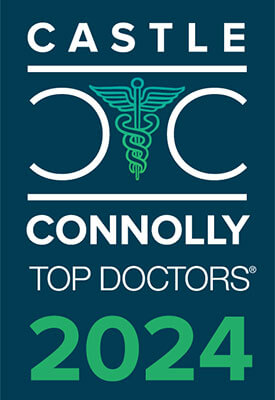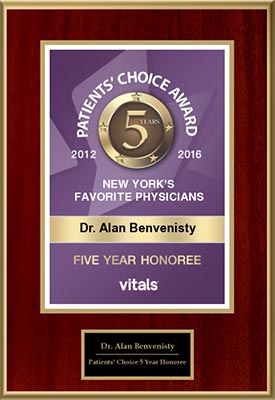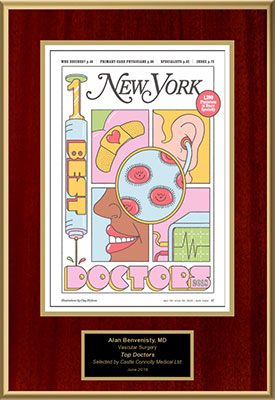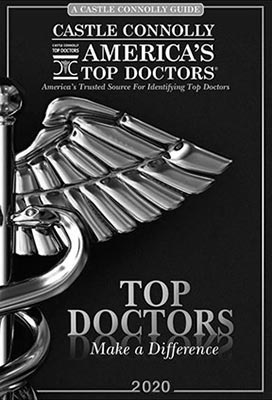Understanding Angina
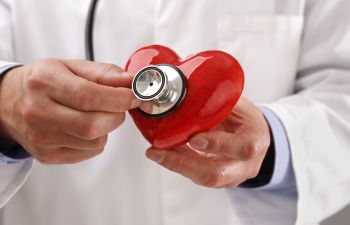
Though not a disease, angina is chest pain that is a symptom of an underlying condition known as coronary heart disease. The pain related to angina can be so severe that many people mistakenly believe that they are having a heart attack. The chest pain or discomfort associated with angina is caused by reduced blood flow to the heart. Most people describe angina as tightness or pain, squeezing, pressure, or heaviness in the chest. When the heart does not get the amount of blood that it needs, the arteries surrounding the heart are required to work harder to pump blood. This effort can cause angina pain to occur.
It is always imperative that you seek medical attention any time you experience unexplained chest pain. Although angina is relatively common, it can still be difficult to distinguish from other types of pain that may have dire symptoms: one of those being a heart attack.
Your medical practitioner will be able to determine whether you suffer from Stable Angina or Unstable Angina. Stable angina is generally predictable and develops when your heart works harder (such as climbing stairs or doing exercise). Stable angina typically lasts a short time, around five minutes, and disappears soon after rest or after taking angina medication.
Unstable angina is unexpected. It can occur while at rest and without warning. The pain associated with unstable angina is often more severe and lasts longer, up to 30 minutes or more. Unstable angina may not disappear after rest or angina medication, and it can be a signal that a heart attack is about to happen.
Still another type of angina is Variant Angina or Prinzmetal’s Angina. This rare type of angina is caused by a spasm in the heart’s arteries that temporarily reduces blood flow. Variant angina usually happens during periods of rest rather than exertion, and it can cause severe pain.
Dr. Alan I. Benvenisty, MD, is a distinguished vascular and endovascular surgeon in New York City with an appreciation for conservative, non-invasive treatment of vascular disease. If you or a loved one is experiencing angina, please contact Dr. Benvenisty for personalized care.
Posted on behalf of
440 West 114th St, Second Floor
New York, NY 10025
Phone: (212) 523-4706
Monday & Friday 9:00 AM – 5:00 PM


